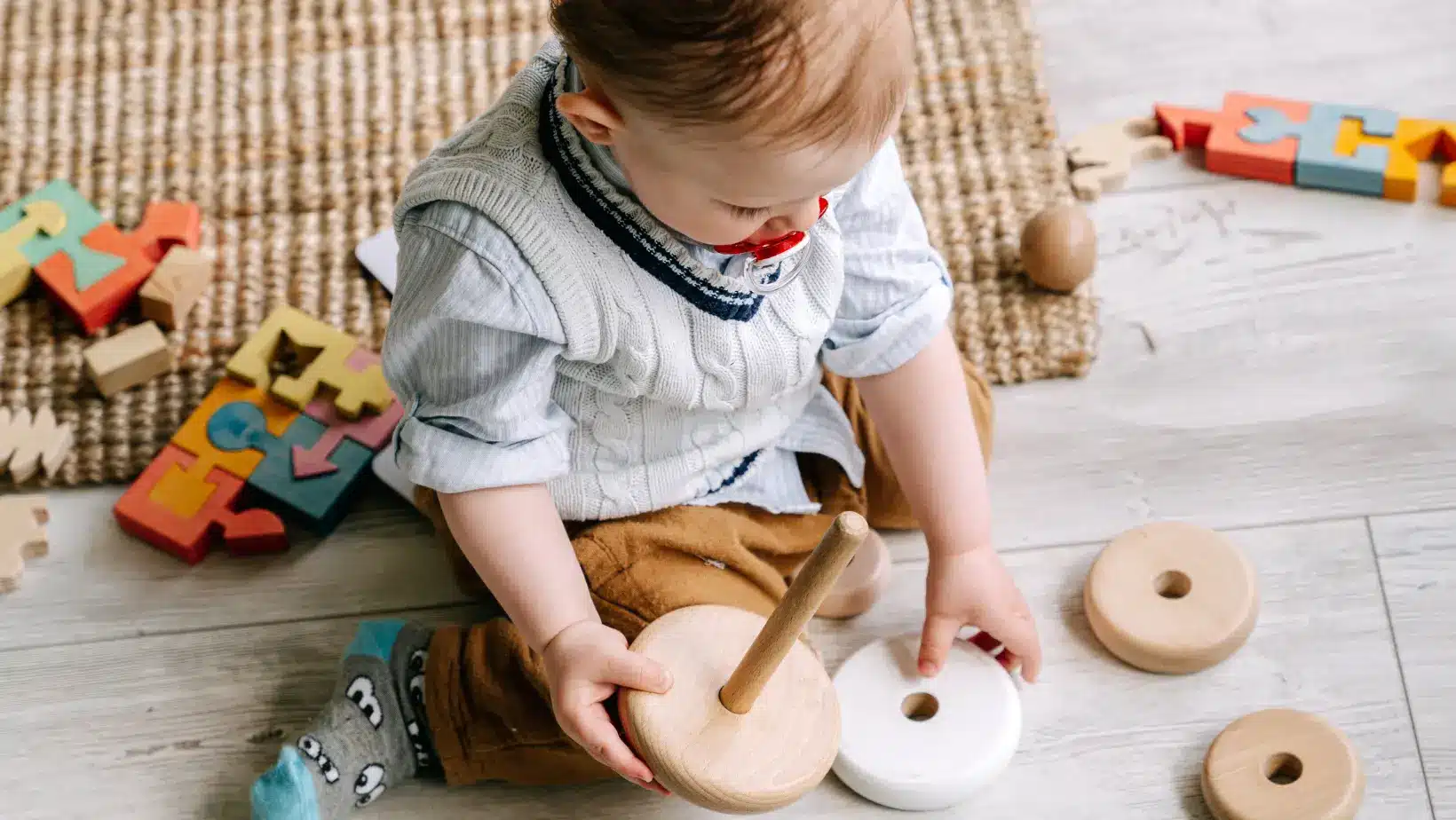To refer to the previous part, click on the link: Language development – from birth to one-year-old
Language development can vary from one child to another. At 18 months, the child will put words together such as “Daddy gone”, “go sleep”. He will generate between 30 to 100 different words. You will notice that he enjoys combining all kinds of syllables. He will sometimes give you a monologue even though you don’t understand anything. There can be several months of variation from one child to another. Not to worry about this! Some particular sounds will be pronounced in some 2-year-old children, while other children will require an additional 18 months to master the same.
By the age of 5, the 44 phonemes of English (yes, yes, more than the letters of the alphabet!) are present in a proportion of children. It is therefore normal for a younger child not to pronounce all words well! One of the sounds may simply not yet be in his repertoire.
Overall, we can say that:
- at 2-year-old, your child is understood about 50% of the time by strangers and says at least 100 words;
- at 3-year-old, it is 75% of the time that he is understood;
- at 3 ½-year-old, he is understood almost all the time by strangers;
- before the age of 5, it is normal that some particular sounds are still poorly produced in children;
- and at 5-year-old, he can produce almost every sound in English.
To read more, go to When to worry about your little one’s language?


